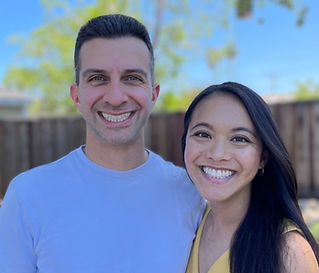If you are pregnant and considering placing your baby for adoption, you deserve to have a respectful and positive experience.
We can help every step of the way.
You are in control, and can choose what your adoption plan will be.
About us
At Adopt International, we believe it is important that you make this decision on your own terms and surround yourself with helpful, supportive professionals.
We have over 40 years of experience working with pregnant women, which has taught us that in order to have a successful adoption it is imperative that a birth mother is comfortable and confident in the choice she makes.
We are advocates for open adoption. Research shows it is the best kind of adoption plan for birth families, adoptive families, and adoptees.
Words from birth mothers

“I want to thank Adopt International for all they have done for me and my daughter and her family.
They truly know the meaning of open adoption and making it work for us all.”
- Monica
“From the second I walked in the door I felt like I was in a very warm and supportive environment.”
- Bethany


“You didn’t pressure me into anything.
You held my hand all the way through the process and made sure I knew everything about placing my child for adoption.
I am forever grateful for your agency.”
- Birth mother
“Well, I chose Adopt International because the awesome family I chose to be my birth daughter’s adoptive parents were already working with y’all, and when I met with y’all myself, you were so pro birth parent, understanding, and down to Earth in a situation that was straight up madness.
I have love, love, loved being in contact with y’all over time and seeing that you really do care, just like you showed me over a decade ago!”
- Myra













